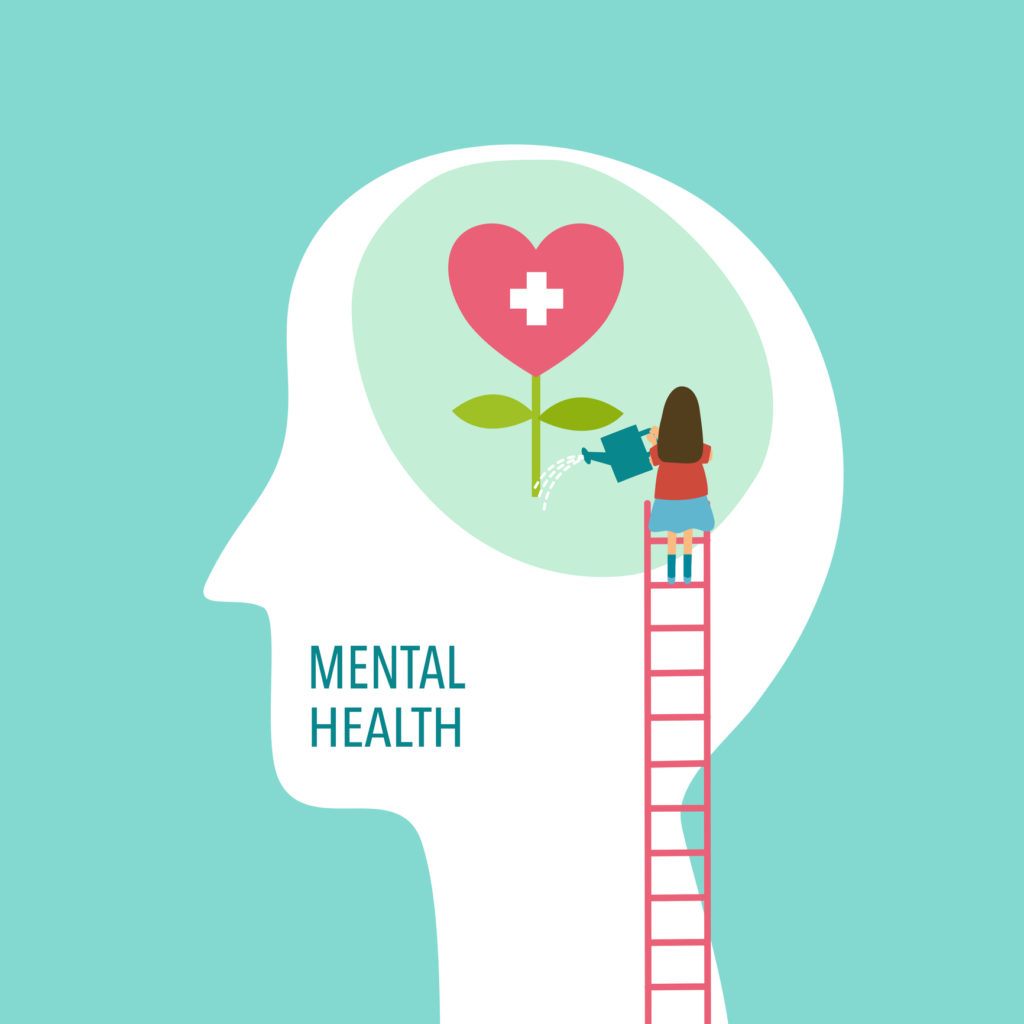Introduction
Mental health awareness is crucial for fostering understanding, empathy, and support within communities. Despite significant progress in recent years, stigma and misconceptions still surround mental health issues, often preventing individuals from seeking help. This article aims to shed light on the importance of mental health awareness and provide resources for those in need.
Understanding Mental Health:
Mental health encompasses our emotional, psychological, and social well-being, affecting how we think, feel, and act. Just like physical health, mental health is essential for overall well-being and quality of life. Mental health issues can range from common conditions like anxiety and depression to more severe disorders such as schizophrenia and bipolar disorder.
The Impact of Stigma:
Stigma surrounding mental health remains a significant barrier to seeking help. Many people fear judgment or discrimination if they disclose their mental health struggles. This stigma can lead to feelings of shame, isolation, and reluctance to seek treatment, exacerbating the problem.
Promoting Awareness:
Increasing awareness and understanding of mental health issues is key to combating stigma. Education campaigns, open discussions, and storytelling can help normalize conversations about mental health and encourage individuals to seek support without fear of judgment. Schools, workplaces, and community organizations play vital roles in promoting mental health awareness.
Accessing Resources:
Fortunately, numerous resources are available for those struggling with mental health issues:
- Therapy and Counseling: Professional therapy provides a safe space to explore thoughts and feelings, develop coping strategies, and work towards mental wellness. Many therapists offer in-person sessions as well as online counseling for convenience.
- Support Groups: Joining a support group allows individuals to connect with others facing similar challenges, providing a sense of community and understanding. These groups can be in-person or online, catering to various needs and preferences.
- Hotlines and Helplines: Crisis hotlines and helplines offer immediate support and assistance to individuals experiencing a mental health crisis or emotional distress. Trained counselors are available to listen, offer guidance, and provide resources for further help.
- Self-Help Resources: Books, websites, apps, and online forums offer a wealth of self-help resources for managing mental health issues. From mindfulness exercises to stress management techniques, these resources empower individuals to take control of their mental well-being.
Conclusion:
Promoting mental health awareness and providing access to resources are essential steps towards creating supportive and inclusive communities. By understanding mental health, challenging stigma, and offering support to those in need, we can create a world where everyone feels valued, heard, and empowered to prioritize their mental well-being. Remember, reaching out for help is a sign of strength, not weakness.


